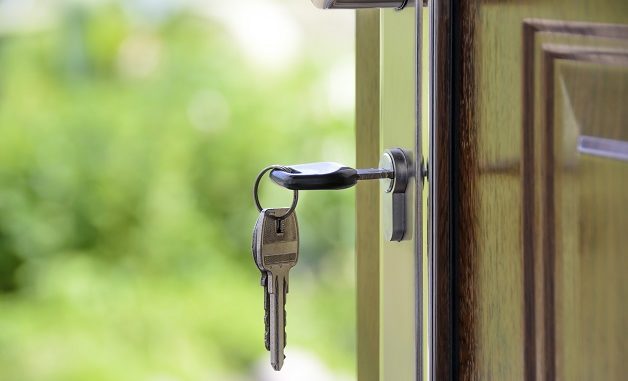
I know it might seem odd to wax lyrical about a financial institution but I’ve always been fond of the Nationwide. The staff are generally lovely, you can get a human being on the phone without longing to cut your throat, you don’t need a degree in computer science to use the website and the simplicity of the banking app is a veritable joy.
Thumbs up all round, in fact. Until this week, when the Nationwide took the inexplicable and short-sighted step of clamping down on “the bank of mum and dad” and coming over all Big Brother about where first-time buyers’ deposits come from.
The largest building society in the world, and one of the UK’s biggest mortgage lenders, has declared that to get a home loan with a 10% deposit, the borrower must prove that they came up with 75% of that amount themselves.
Why?
It’s extremely hard to save when you are young and low-paid and nigh-on impossible to get on the housing ladder.
I bought my first house when I was 21. It was a run-down, two-bedroom terrace in Ramsgate and cost £16,000. I was able to buy it because I was given 100% mortgage by the Halifax, my father lent me (and I mean lent) the solicitor’s fees and my employer stumped up the deposit until the borrowing came through. I was teaching EFL at the time, and the students from other European countries were agog.
If my son, in the second half of his twenties, was to buy that house today it would cost upwards of £230K.
Even if he bought it without heating or a damp-proof course, and with a dodgy roof, as I did, it’s still going to be more than he could afford. The cheapest terrace on sale in Ramsgate as I type, is £155k. I borrowed three times my income. To do the same he would need at least 15 grand in cash, and would need to earn more than £50k a year. In Thanet? Are we having a larf?
Old people (my husband) are fond of recalling how they scrimped and sacrificed to get a house and had second-hand furniture and no washing machine, but even that is not enough these days.
It wasn’t enough for me. I was really hard-up in my early twenties. The house, the bills and my clapped-out Mini took all my earnings and I survived on a constant overdraft and straining credit cards. I rarely had new clothes, never had new furniture (luckily I had a boyfriend with a predilection for scavenging in skips), and on the couple of occasions I went abroad it was on a shoe-string. (I still shudder to recall the 28-hour coach trip back from Spain and the “hostel” in Amsterdam.)
But because of that mortgage deal, I had property. Which went up and up in value, so eventually I could have a bigger house. And so on.
I’m not poor now because I am approaching ancient and I married someone who was much better at saving than I was. And who fed me while I wrote books and tried my hand at various entrepreneurial endeavours – including acquiring more property.
Otherwise, I wouldn’t have a bean to my name.
It is harsh and unfair to penalise first-time buyers for not being able to stump up twenty or thirty thousand pounds at the drop of a hat. It doesn’t mean they are feckless or irresponsible. It means they don’t earn enough. If Mum and Dad can help, why shouldn’t they? It’s tough out there and that’s what parents do.
Lenders should be making it easier for young people to get somewhere decent to live – either through long-term rental, owning or part-owning – by providing generous mortgages, funding Housing Association projects or being a bit less stingy on their terms for Buy-to-Let.
So come on Nationwide. You were doing so well and I loved you. You’ve got the whole mindless music, press three for a nervous breakdown, and You’re- now-27th-in-the-queue business licked. Now give the kids a break!
THIS WEEKEND will mark 46 years since President Nixon resigned. He announced his imminent departure on August 8th 1974, saying it had become evident that he no longer had a strong enough political base in Congress to continue.
“As President,” he concluded, “I must put the interest of America first.”
He went the next day and the new President was sworn in.
Figures released today show that (finally) 54.75% of Americans disapprove of Trump.
We can but dream…

